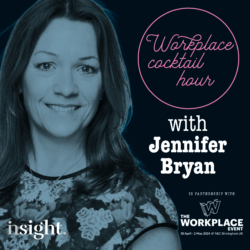September 11, 2024
Commercial property market should be more optimistic, but it still needs to change
 JLL’s latest Future of Work Survey claims to reveal new opportunities for the commercial property sector as two-thirds of business leaders expect their CRE budget to rise between now and 2030. Despite challenges in the commercial real estate sector and bumpy economic conditions, global business leaders are optimistic about the future, with two-thirds (65 percent) expecting their CRE budgets to increase by 2030, according to the poll. This survey sets out to explore the evolving nature of work, assessing the key priorities, challenges, and strategies for more than 2,300 business and CRE decision-makers. (more…)
JLL’s latest Future of Work Survey claims to reveal new opportunities for the commercial property sector as two-thirds of business leaders expect their CRE budget to rise between now and 2030. Despite challenges in the commercial real estate sector and bumpy economic conditions, global business leaders are optimistic about the future, with two-thirds (65 percent) expecting their CRE budgets to increase by 2030, according to the poll. This survey sets out to explore the evolving nature of work, assessing the key priorities, challenges, and strategies for more than 2,300 business and CRE decision-makers. (more…)







 Global architecture and design firm
Global architecture and design firm 

























July 1, 2024
A new renaissance in leading change at the most disruptive time in history
by Jennifer Bryan • Business, Comment, JB